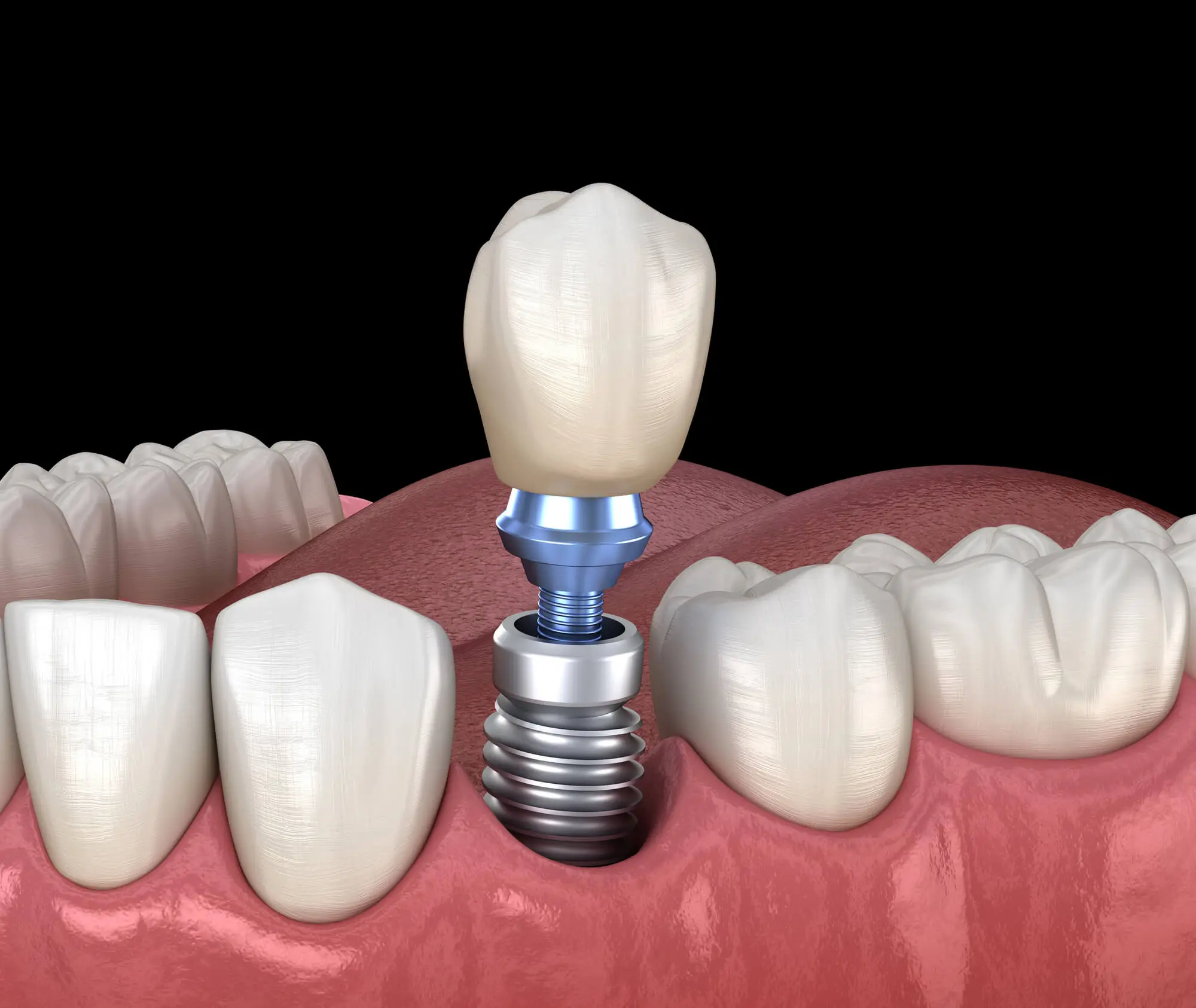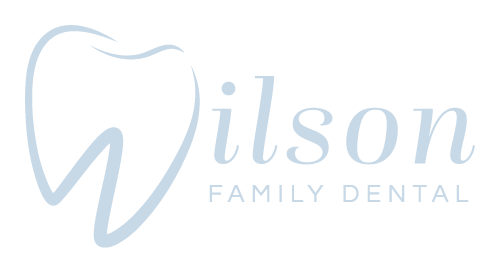
Losing a natural tooth can be a very stressful experience, but it's more common than you may think. Bad oral hygiene, habits like smoking, and accidents like sudden hits to the face can weaken your teeth and even knock them out entirely, leaving you in need of dental implants in Madison.
Implants are a big investment, though, which is why after getting them, chances are high you’ll want to make them last. To do so, following dental aftercare can make a huge difference.

5 Dental Implants Aftercare Tips for a Long-Term Healthy Smile
1. Practice Excellent Oral Hygiene
Maintaining good oral hygiene habits is crucial to protecting the future of your implants and your remaining natural teeth. While implants don’t decay, the surrounding gum tissue can become infected if plaque builds up, causing a condition known as peri-implantitis. Over time, this can weaken the jawbone supporting the implant and cause failure.
To protect your implant, brush your teeth after every meal with a soft-bristled toothbrush. Use low-abrasive toothpaste to avoid scratching the implant, or one that contains fluoride to prevent decay. Additionally, floss daily using implant-safe floss or interdental brushes.
2. Maintain Regular Dental Checkups
After implant surgery, your dentist will schedule a series of checkups. It's important you attend to them, as these are crucial to seeing the development of your new restoration. We will monitor the stability of the implant, check for signs of gum inflammation in the area, and conduct professional teeth cleaning to keep the hard-to-reach areas fresh.
Most patients should see their dentist every 6 months, but we could recommend more frequently if needed.
3. Avoid Hard or Sticky Foods
Certain foods can put unnecessary stress on your implants, especially in the early healing phase. To reduce inflammation, it's recommended to stick to soft foods like mashed potatoes, soups, and cool yogurts for the first few months.
In the long term, dentists also recommend that you avoid chewing ice, hard candies, or very sticky sweets. Limit very crunchy or tough foods that may strain the implant, or try to eat them on the other side of your smile. Moreover, cut food into smaller pieces to reduce biting force.
4. Protect Your Implants from Grinding
Teeth grinding puts a great strain on all your teeth, but it can be particularly damaging to implants. Over time, the pressure may weaken the bond between your jawbone and the implant, causing it to become loose and fail.
If you grind or clench your teeth, dentists recommend you use a custom night guard to protect your implant and natural teeth. Some symptoms that may indicate bruxism are jaw pain or waking up with headaches.
5. Avoid Tobacco and Limit Alcohol
Smoking and heavy alcohol consumption can slow healing and increase the risk of implant failure because they impair blood flow to the gums. This increases the chance of infection and fosters bone loss.
Even after the implant has healed, smoking increases your chances of developing peri-implantitis because it increases plaque growth and reduces saliva production. So, it's best to quit smoking entirely to promote long-term implant success.

Make Your Dental Implants in Madison Last
After implant placement surgery, your dentist will offer a personalized aftercare plan based on the state of your smile, your medical history, and the type of implant.
With proper care, your implants can last between 10 and 20 years—the post can last a lifetime, but the crown on top can experience wear and tear. By following these care tips and visiting the dentist at Wilson Family Dental regularly, you can ensure the best possible outcome for your new restoration. Contact us today to protect your new, full smile!





%401x.svg)